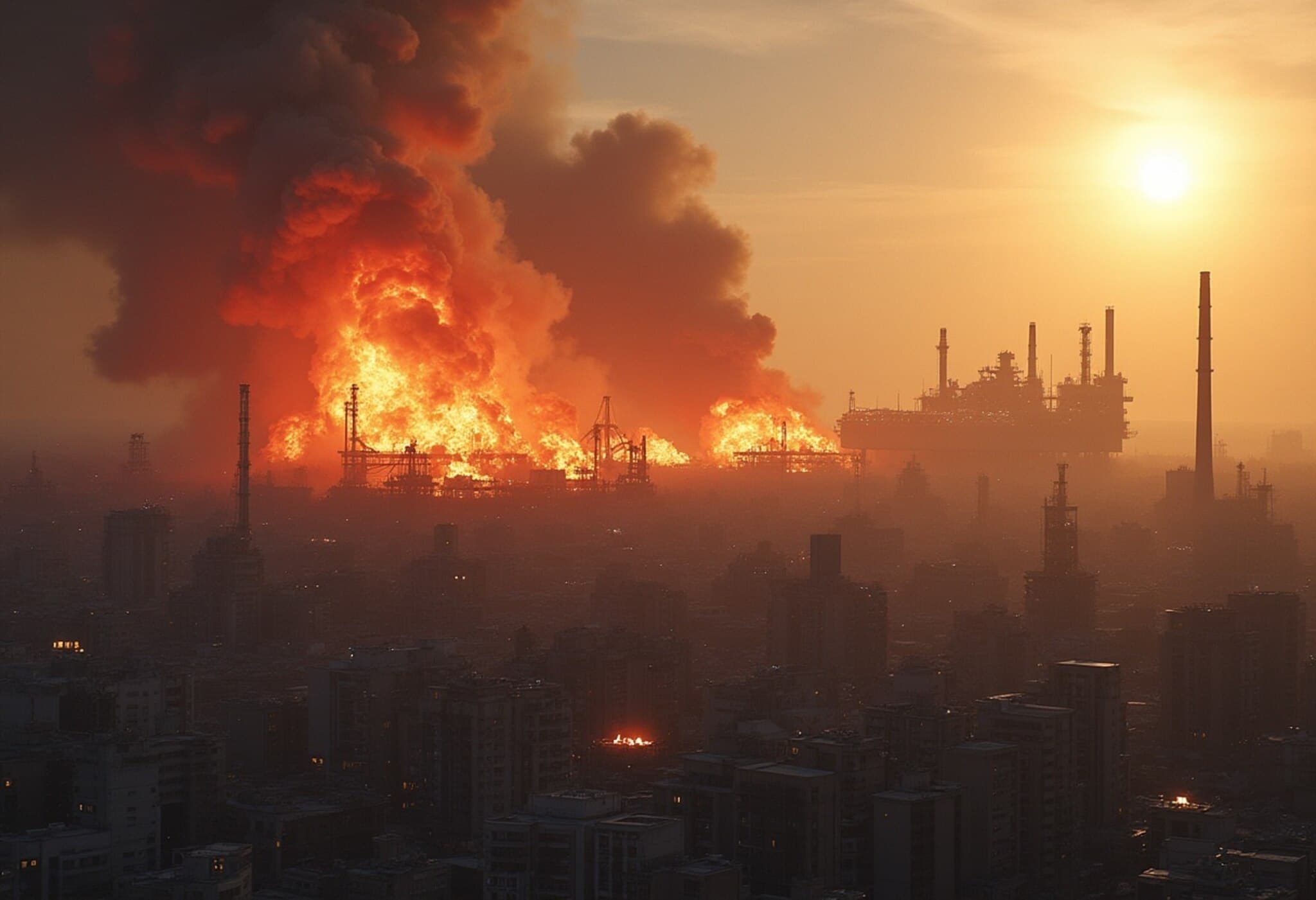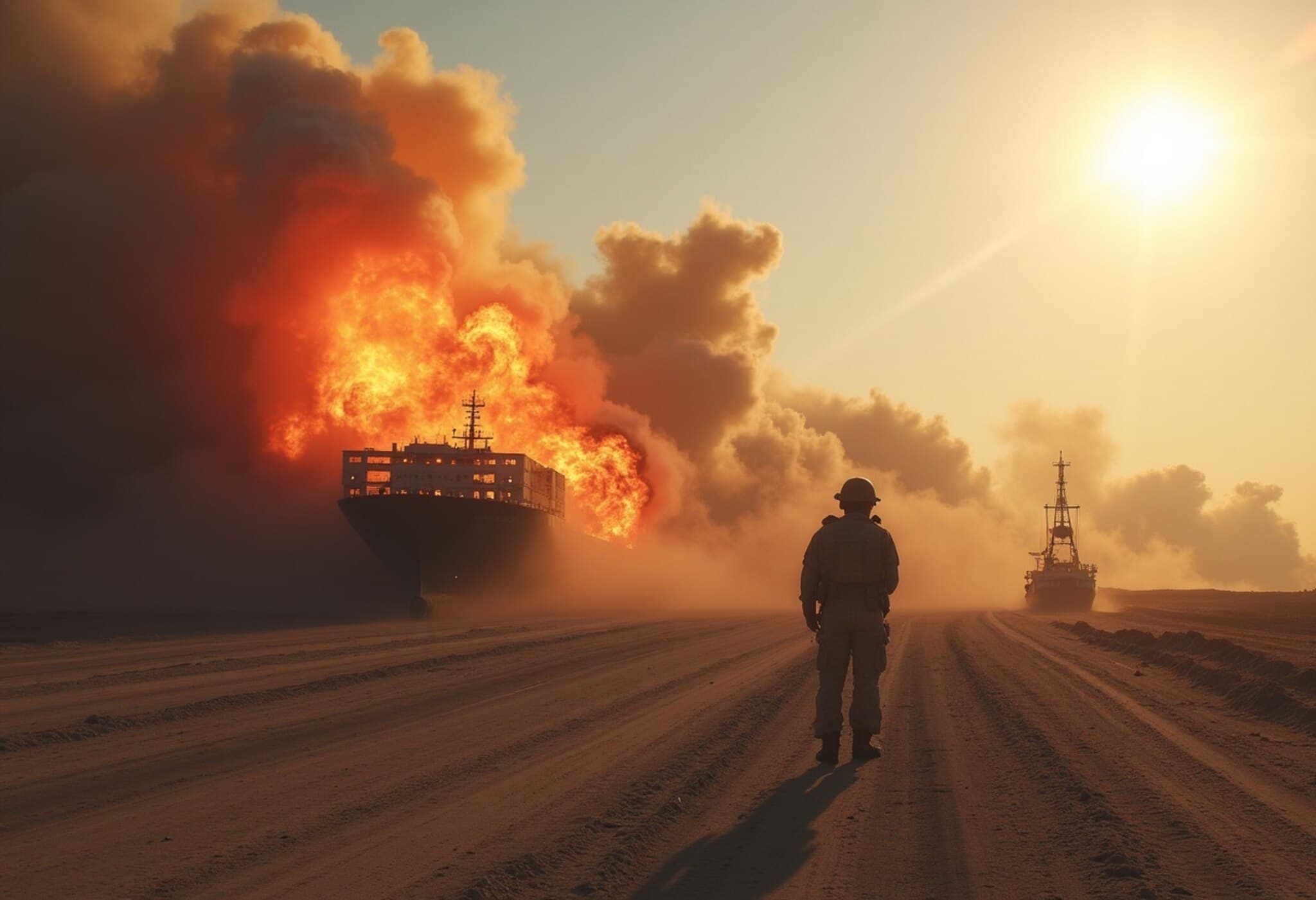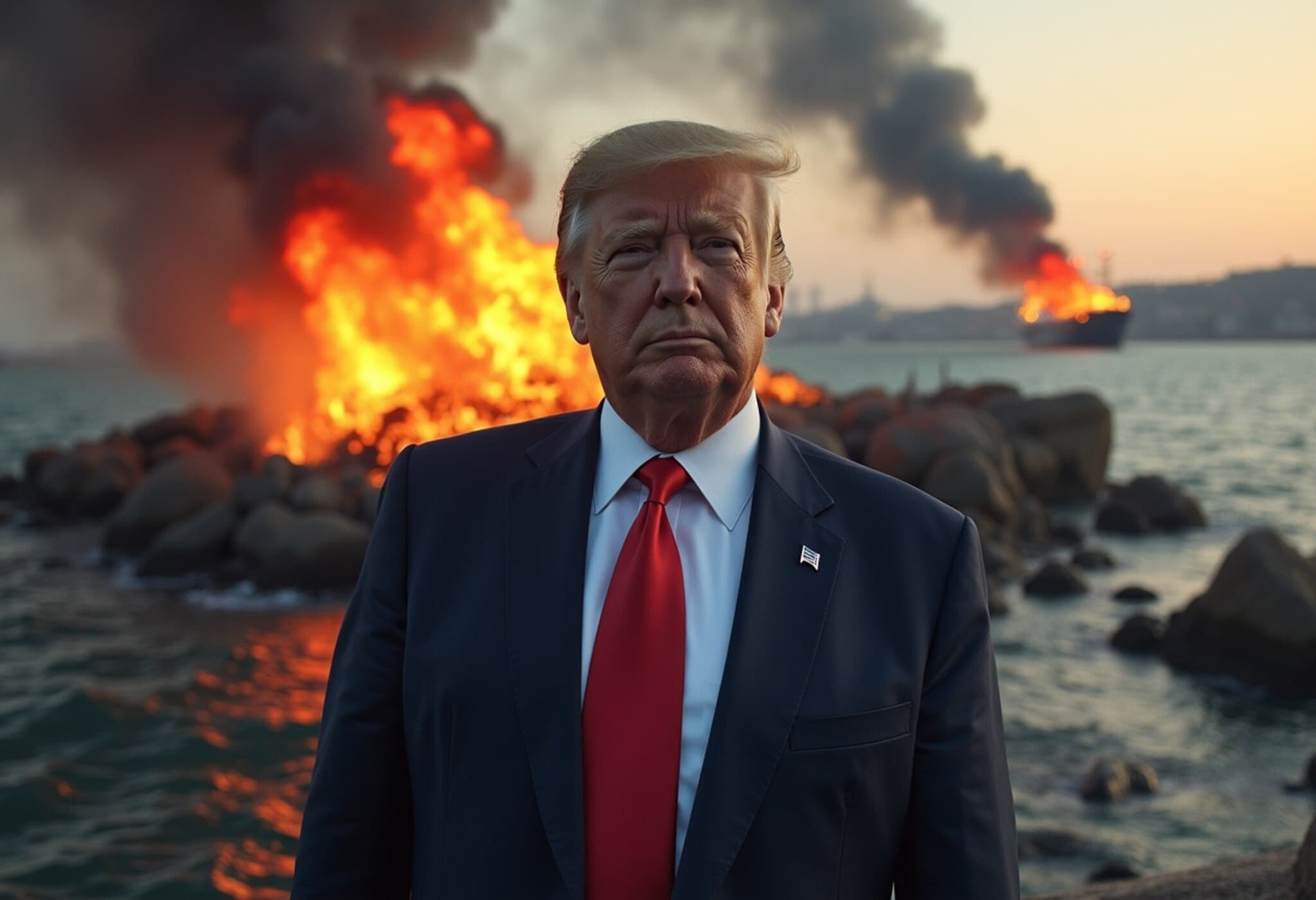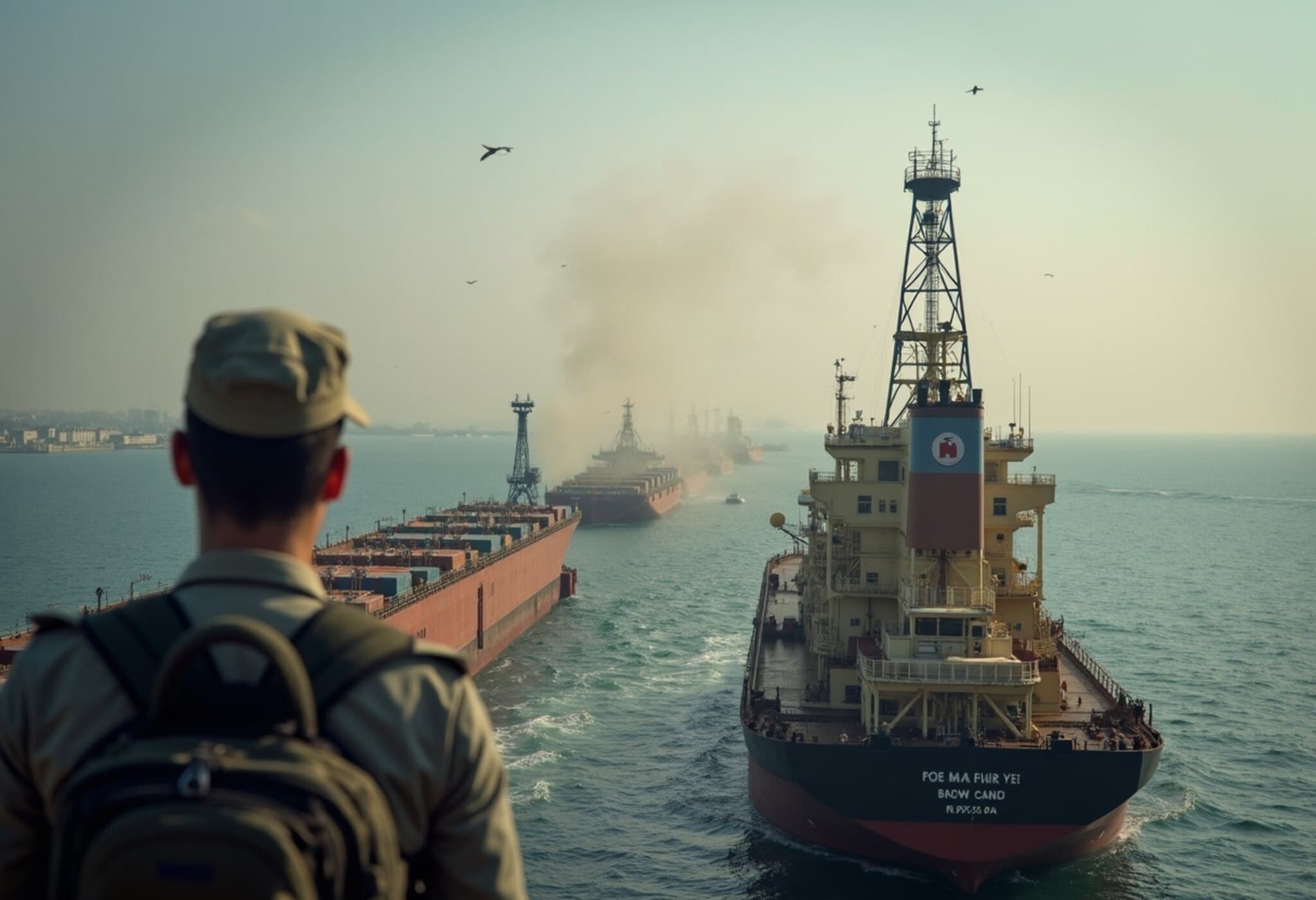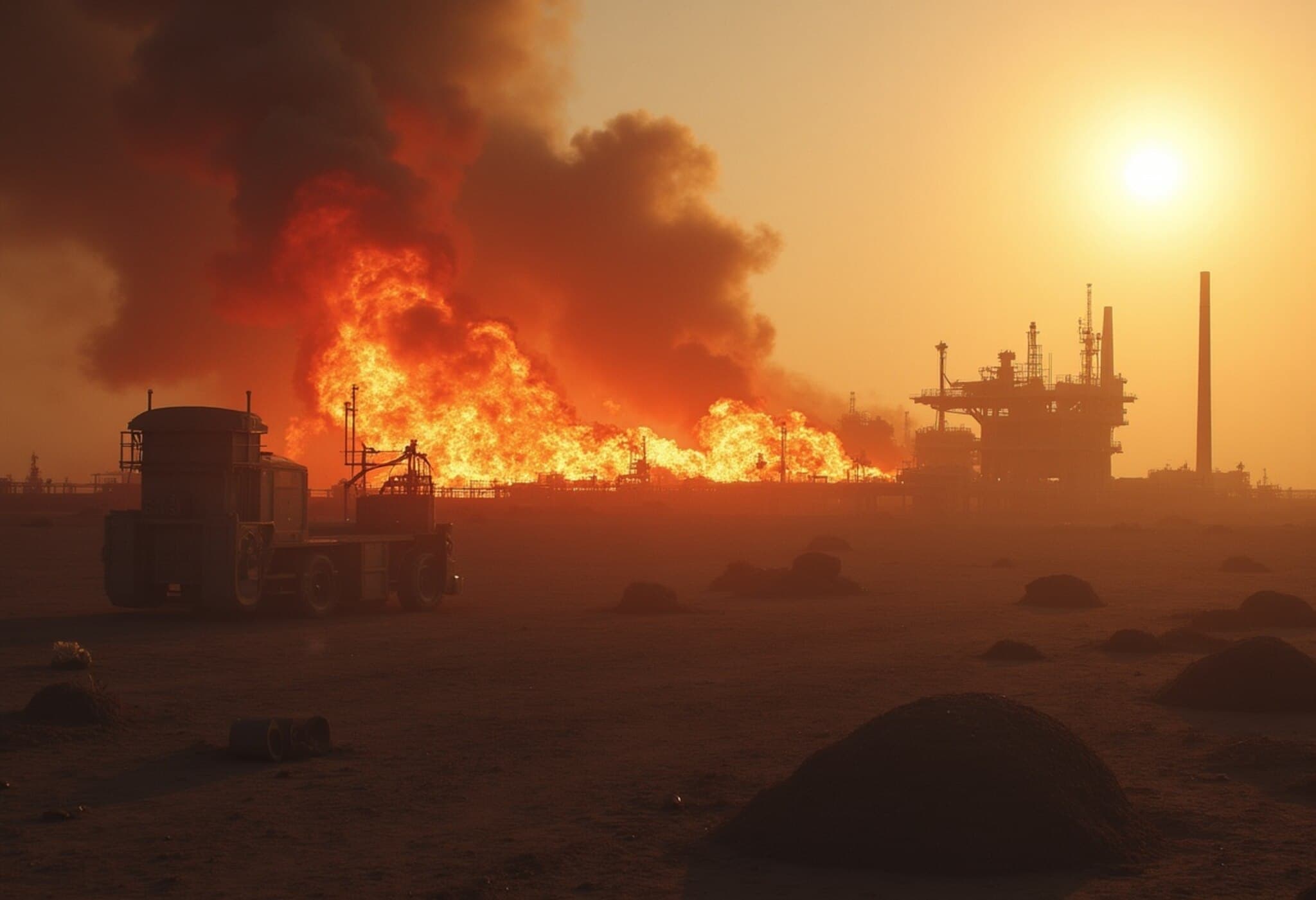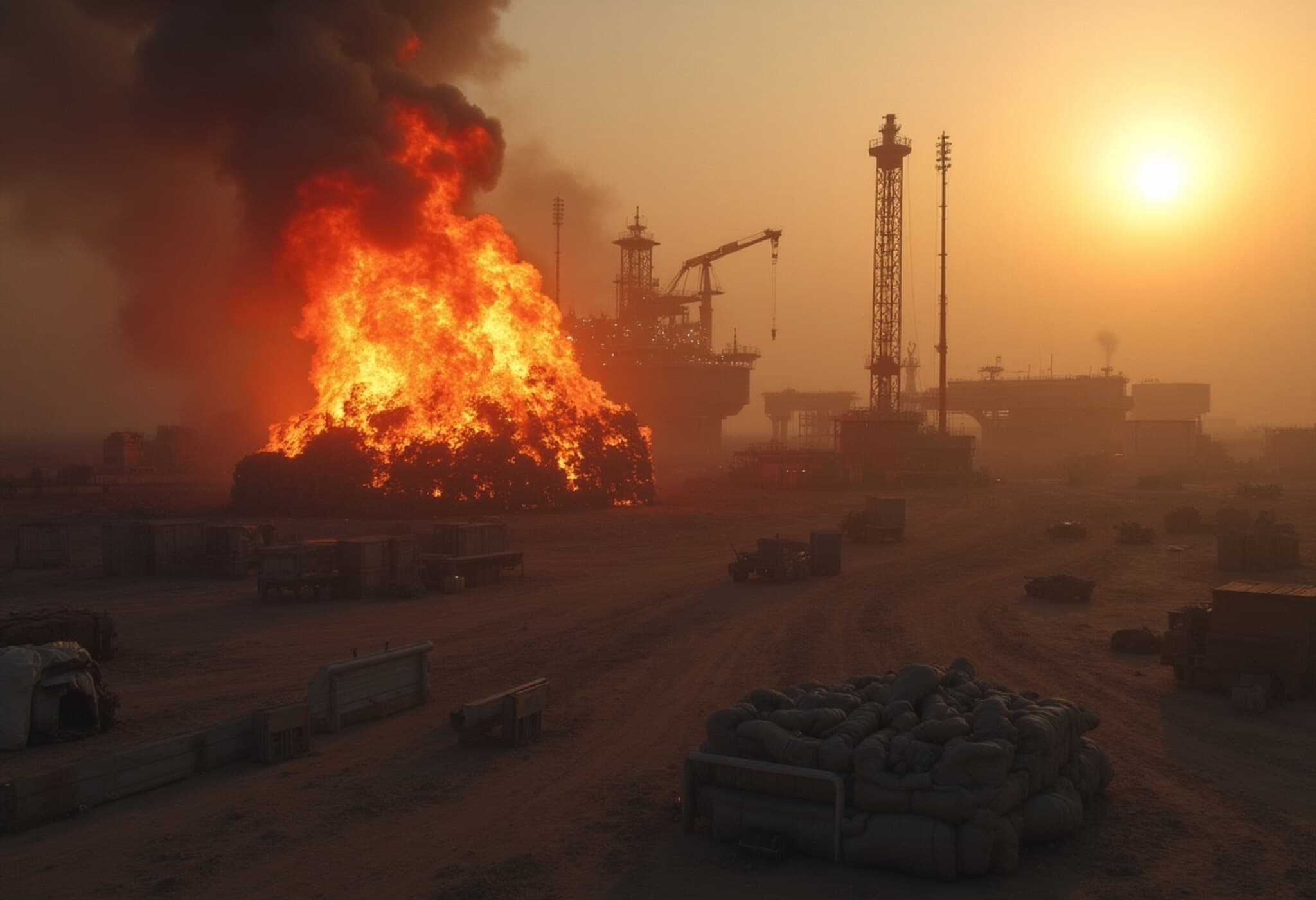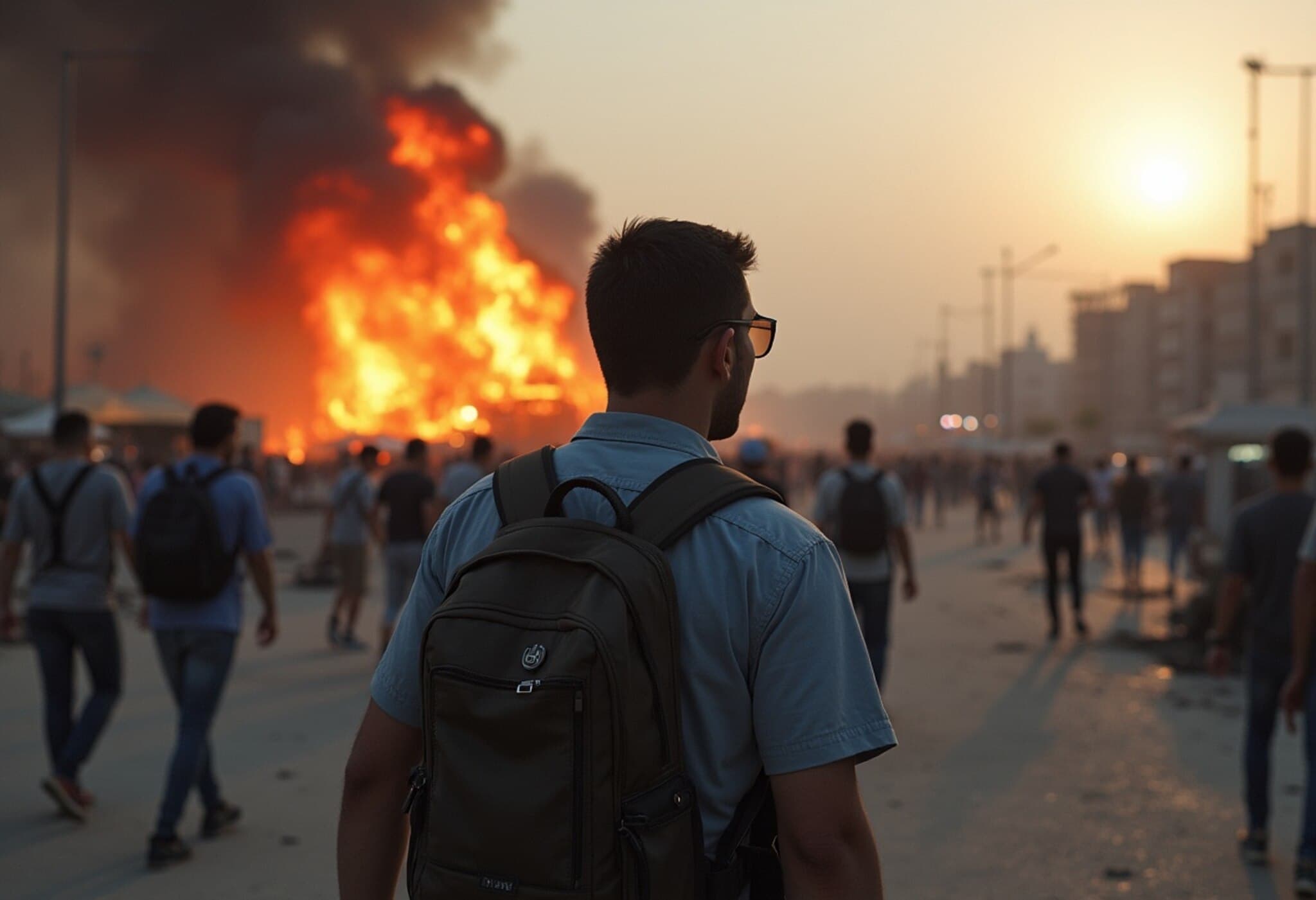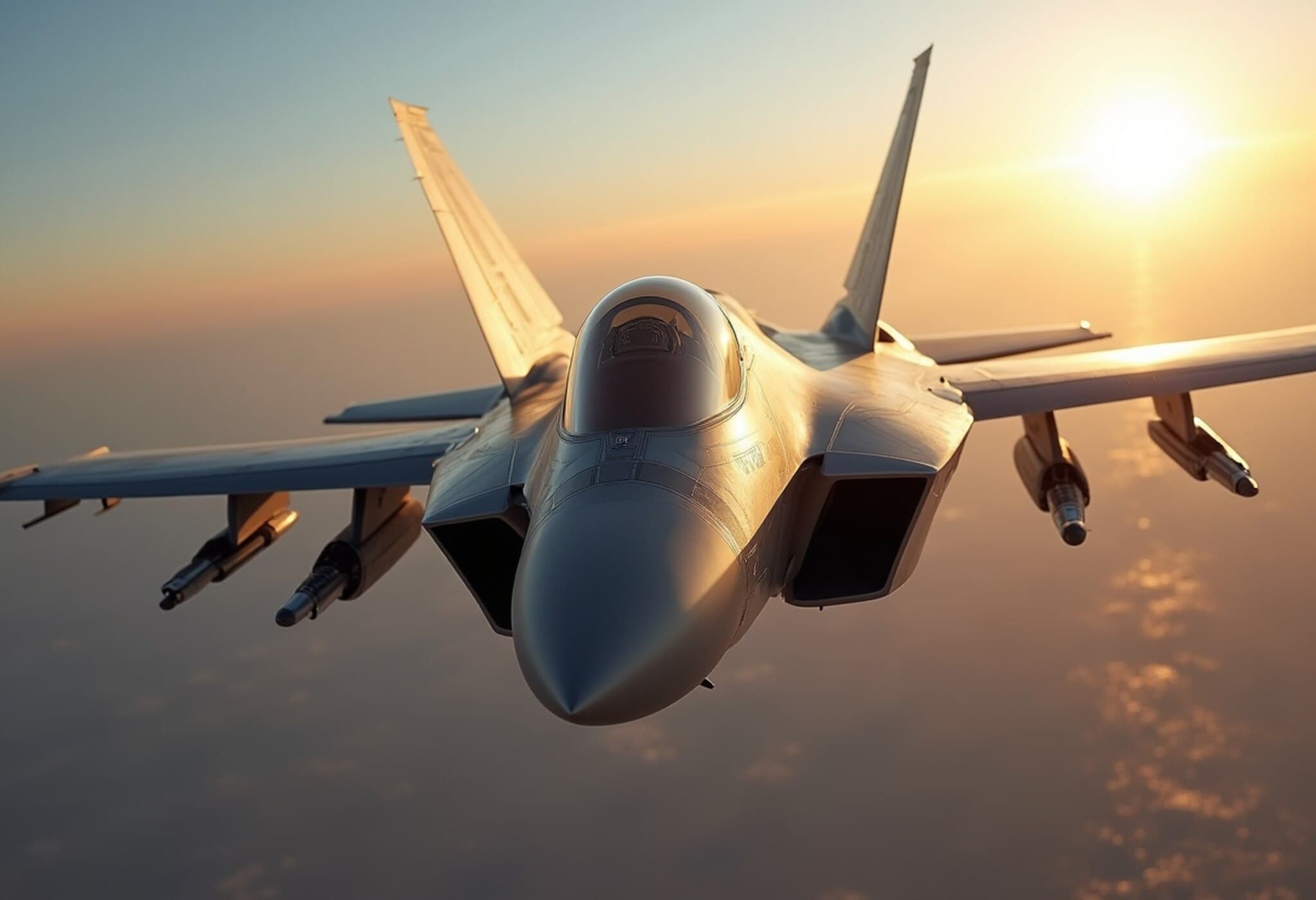Qatar Maintains Steady Gas Production Amid Regional Tensions
Qatar has assured that gas production at the South Pars field, which it shares with Iran, remains stable despite a recent Israeli airstrike targeting the site. The incident, which occurred on June 13, led Iran to partially halt its output, raising global concerns over the supply of liquefied natural gas (LNG).
Impact of the Israeli Airstrike on South Pars Gas Field
South Pars is the world's largest gas field, situated offshore in Iran's Bushehr province. It plays a crucial role in the global energy market, particularly for Iran and Qatar—the third-largest LNG exporter globally behind the United States and Australia. Following the strike, Qatar’s Foreign Ministry emphasized that its LNG production and supply have continued uninterrupted.
Majed Al-Ansari, a spokesperson for Qatar’s foreign ministry, called the attack a "reckless move" that threatens global energy security. He highlighted the international presence operating at the field and the concerns the incident has sparked about gas supplies worldwide.
Precautionary Measures and Market Ripple Effects
In response to the heightened risks, Qatar Energy has directed LNG tankers to avoid the Strait of Hormuz until the day before cargo loading, a move designed to enhance maritime safety. Shipping data indicates that while LNG loading at Qatar’s Ras Laffan terminal continues within its typical range—typically handling about 90 cargoes per month—some vessels are idling outside the port, possibly facing minor delays.
Energy analysts note that this pattern, especially during summer months, is generally normal. However, some reports allude to minor disruptions, including tanker diversions and delayed loadings. For example, the LNG tanker HLAITAN, recently delivering cargo to India, is currently idling away from the Strait of Hormuz.
Global Energy Markets Respond to Supply Concerns
Fears surrounding potential supply interruptions have driven up LNG prices in Asia. The Japan Korea Market (JKM) benchmark surged to $13.948 per million British thermal units (mmBtu) on June 17, climbing sharply from prices seen before the airstrike. This jump underscores how geopolitical tensions can quickly ripple through energy markets.
Regional Conflict Continues While Diplomatic Efforts Emerge
The Israeli-Iranian conflict, now in its fifth day, has already impacted critical energy infrastructure across the region. Concurrently, diplomatic efforts are underway, with the US signaling interest in resolving long-standing nuclear disputes with Iran. Talks between senior US and Iranian officials may offer some hope for de-escalation amid ongoing hostilities.
Key Takeaways
- Qatar confirms uninterrupted LNG production at the South Pars gas field despite the recent Israeli airstrike.
- Precautionary measures include LNG tankers avoiding the Strait of Hormuz until immediately before loading.
- The Japan Korea Market LNG price surged nearly $14/mmBtu amid supply concerns.
- Regional tensions persist, but diplomatic channels are signaling potential talks between the US and Iran.
As tensions continue to simmer, the global energy market watches cautiously, underscoring the delicate balance between geopolitics and energy security in a volatile region.


